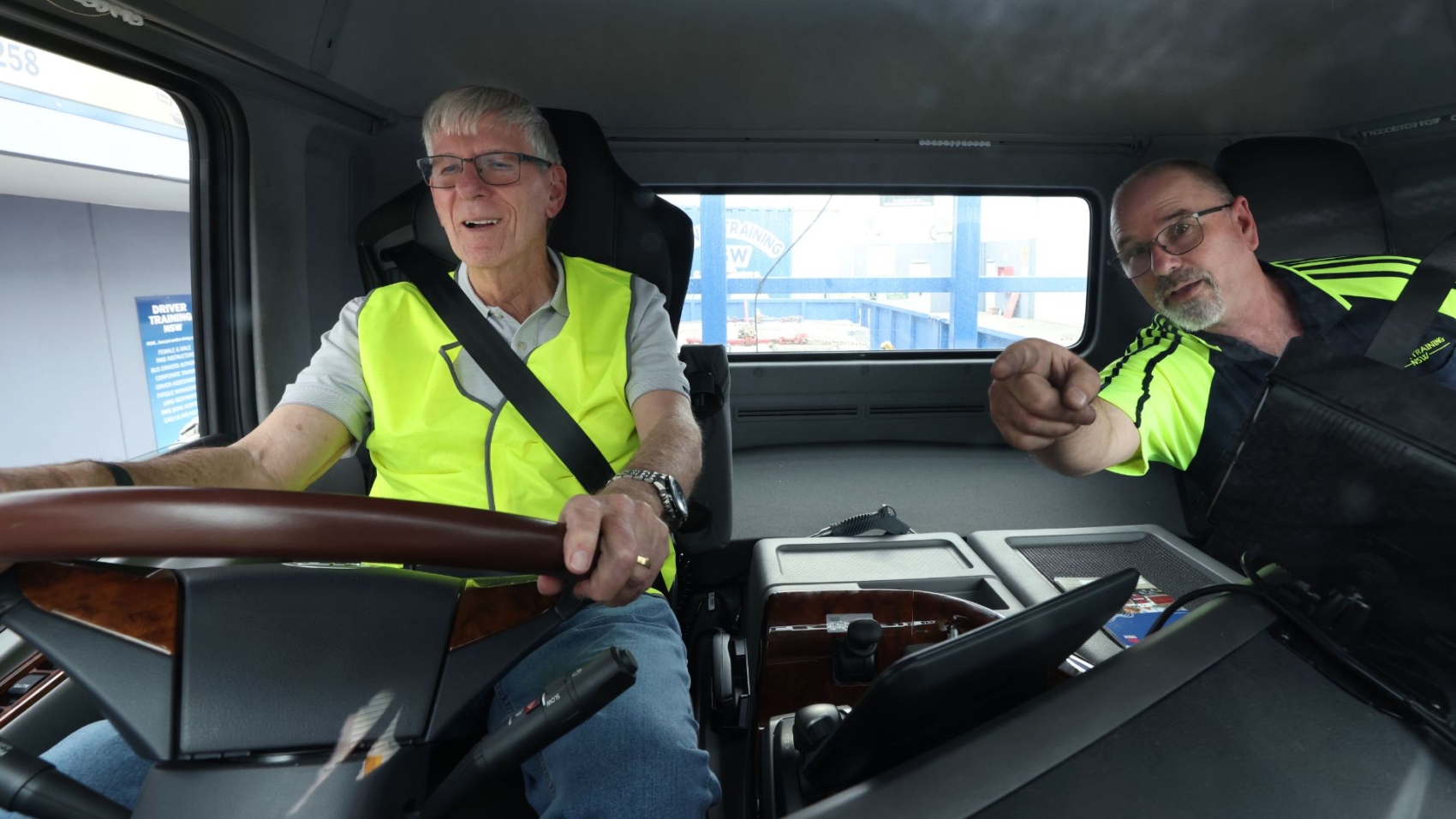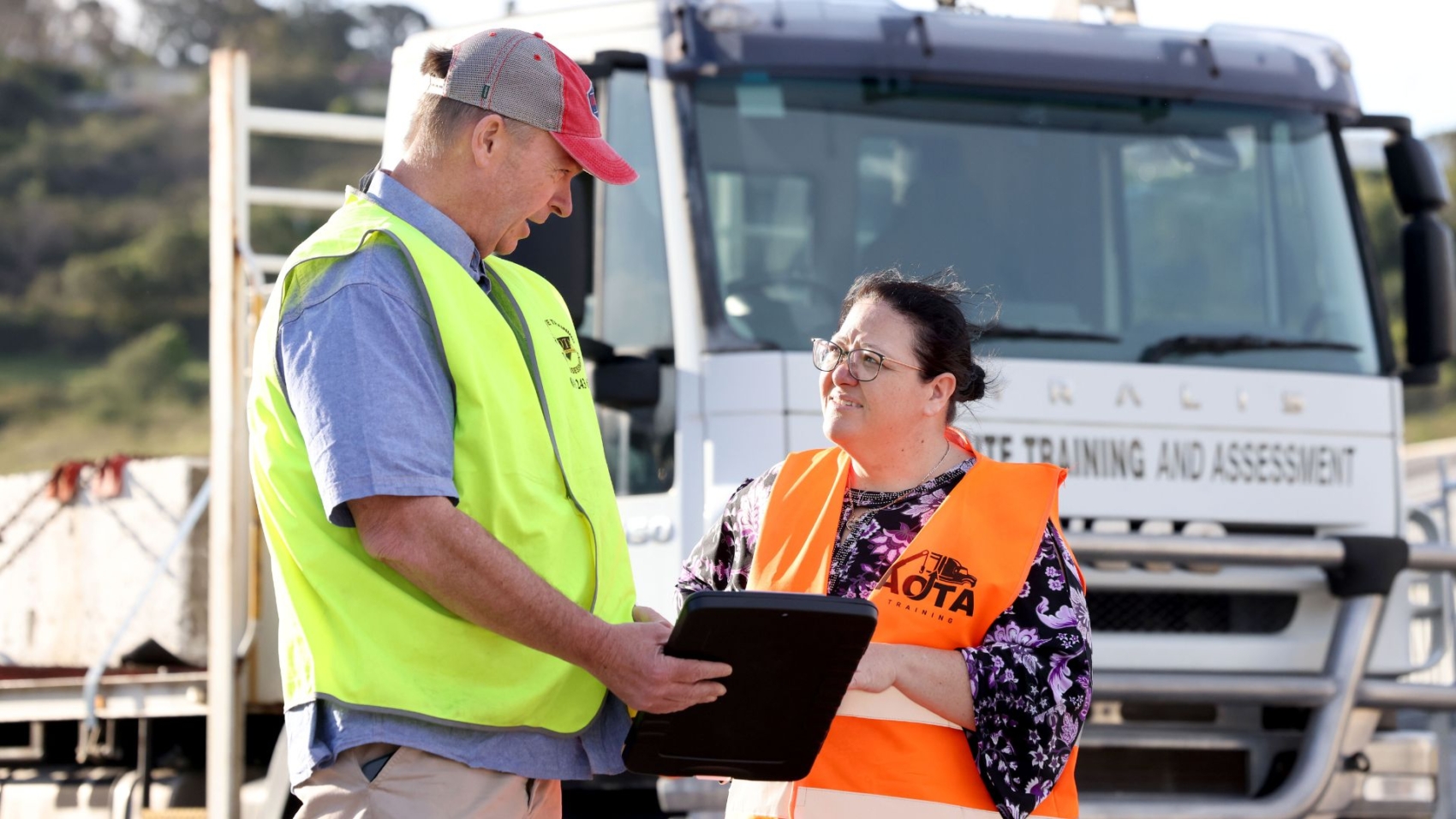Becoming a qualified bus driver in NSW is a rewarding career choice for those who enjoy driving, interacting with people, and seeking job stability. At RAISE Training, we specialise in providing the education and support necessary to help individuals earn their Bus Driver Authority (BDA). This guide will cover everything you need to know about the process, from requirements and training to the benefits of obtaining this credential.
Bus Driver Authority (BDA) is a mandatory certification for anyone who wishes to operate a bus or coach carrying paying passengers in NSW. Without this authority, you cannot legally drive a bus as part of a public or private transport service. The BDA confirms that a driver is both fit to drive and trained to handle the responsibilities associated with transporting people safely. The process involves specific steps, including formal training and certification that assures employers and passengers that you are fully qualified for the role.
Why You Need a Bus Driver Authority
The primary reason for the requirement of a Bus Driver Authority is public safety. Driving a bus with multiple passengers aboard requires more than just basic driving skills. Bus drivers must demonstrate not only advanced driving competence but also a solid understanding of passenger safety, customer service, and regulatory compliance. It is not just about getting passengers from point A to point B – it’s about ensuring their safety, security, and comfort throughout the journey.
Key benefits of obtaining your BDA include legal eligibility to work as a bus driver, increased employment opportunities, and the confidence of being properly trained to handle a variety of road scenarios. In some states, a Bus Driver Authority is required even for volunteer drivers, as safety remains paramount. Additionally, drivers with this authority have the advantage of being more employable and potentially earning higher wages, as they have completed the necessary certifications to ensure they meet the highest safety and operational standards.
At RAISE Training, we offer tailored courses that provide the knowledge and skills necessary to obtain your Bus Driver Authority. Our programs are designed to be comprehensive and easy to understand, ensuring you’re ready to pass the required tests and assessments. We focus on delivering not only theoretical knowledge but also practical skills that can help you excel in your bus driving career.
The Requirements for Obtaining a Bus Driver Authority
To qualify for a Bus Driver Authority, you must meet several general criteria. These include being at least 20 years old, holding an unrestricted Australian driver’s licence for a specific period (usually two years or more), proving medical fitness through a medical examination, and passing criminal history and traffic offence checks. These checks ensure that the applicant is suitable to hold a position of responsibility when transporting passengers.
Each Australian state has its own specific rules, regulations, and processes regarding Bus Driver Authorities. For instance, in New South Wales, applicants must complete a Bus Driver Authority Application Form, submit proof of identification, pass medical assessments, and pay a fee to Transport for NSW. Similarly, in Queensland, applicants must undergo a Driver Authorisation process through the Department of Transport and Main Roads (TMR). In Victoria, you must apply through Commercial Passenger Vehicles Victoria (CPVV), while other states may have their own processes for verifying eligibility and issuing Bus Driver Authority permits.
In addition to meeting these state-specific requirements, applicants are also expected to demonstrate good character, which is typically assessed through references or other formal assessments. Some states may even require you to participate in an interview or undergo psychological testing to ensure you can handle the pressure and responsibility that comes with driving a bus full of passengers.
At RAISE Training, we are well-versed in these state-specific requirements and tailor our training to meet the needs of your local authority. This means that when you train with us, you are receiving instruction that is directly relevant to the regulatory environment in which you will be working, ensuring a smooth path to certification and employment.
The Bus Driver Authority Training Process at RAISE Training
The training process at RAISE Training is comprehensive, covering the theoretical elements required to pass your Bus Driver Authority assessment. Our course includes essential components such as road safety and compliance, passenger safety, customer service, and advanced driving skills for operating large vehicles like buses.
Understanding road safety is a fundamental part of being a bus driver. Our training covers the rules and regulations governing bus driving, including specific road safety practices and how to handle emergencies. This also includes understanding passenger transport laws, ensuring that drivers comply with all state and federal guidelines. Compliance with these laws is crucial, as failing to do so could result in significant penalties or even the revocation of your Bus Driver Authority.
As a bus driver, you’re responsible for your passengers’ safety and comfort. Our training includes customer service best practices, focusing on creating a positive experience for passengers, including those with special needs or disabilities. This also involves teaching safe boarding and deboarding procedures, especially in high-traffic or tricky environments, where the risk of accidents is higher.
Key aspects covered in our Bus Driver Authority training include:
● Road Safety and Compliance:
○ Learning road rules, bus-specific regulations, and compliance requirements.
○ How to manage different road conditions, from urban streets to rural highways.
○ Understanding and applying emergency procedures in case of accidents or incidents.
● Passenger Safety and Comfort:
○ Best practices for ensuring the safety of passengers while boarding, riding, and exiting the bus.
○ Customer service skills for handling passenger inquiries and creating a positive experience.
○ Techniques for managing passengers with special needs, such as elderly or disabled individuals.
● Driving Skills:
○ Advanced vehicle handling, including navigating large buses through tight city streets and challenging rural roads.
○ Performing essential driving manoeuvres such as emergency stops, reversing, and parking.
○ Practice sessions that replicate real-world driving conditions to build confidence and skill.
Our training ensures that drivers are equipped not only with technical knowledge but also the necessary customer service and problem-solving skills required for this public-facing role.
What to Expect After Completing Your Bus Driver Authority Training
Once you have completed your training at RAISE Training, you will be ready to submit your Bus Driver Authority application to the relevant state or territory transport authority. This process typically involves providing your Bus Driver Authority training certificate, medical certificate, and results from background checks. We guide you through the application process, ensuring you have the necessary documentation ready for submission. RAISE Training offers support even after course completion, ensuring that all paperwork is properly filled out and submitted.
Once your application is approved, you will officially hold a Bus Driver Authority, which opens the door to a range of job opportunities. As a certified bus driver, you can work with public or private transport services, school bus services, charter bus companies, or long-distance travel services. In addition, there are opportunities to work in community transport programs that assist elderly or disabled individuals.
After securing your Bus Driver Authority, you can begin seeking employment as a licensed bus driver. There is increasing demand for qualified bus drivers in Australia, particularly in urban centres where public transport is essential. Employment opportunities include public transport services, private bus companies, and specialised transport services that cater to individuals with disabilities or elderly passengers.
Starting as a bus driver can also open doors to further career opportunities within the transport industry. With additional certifications and experience, you can transition into more specialised roles, such as coach driving or transport management. At RAISE Training, we offer ongoing education and upskilling opportunities to help you grow and advance your career.
Even after you’ve completed your training and obtained your Bus Driver Authority, we continue to offer support through our network of industry connections, job placement assistance, and refresher courses.
Ready to Start Your Career as a Bus Driver?
If you’re ready to take the next step toward earning your Bus Driver Authority, we are here to guide you. Our comprehensive training programs, industry connections, and ongoing support ensure that you’re not only prepared to pass your assessments but also set up for success in your new career. Don’t wait – start your journey towards a rewarding career in transport today with RAISE Training.



